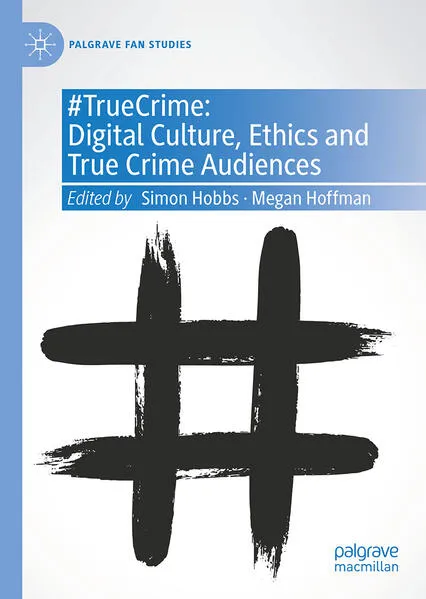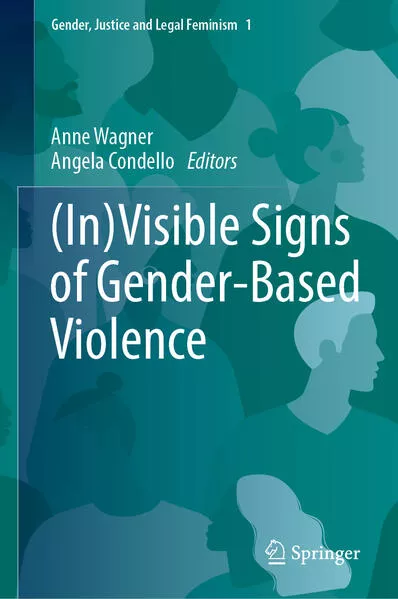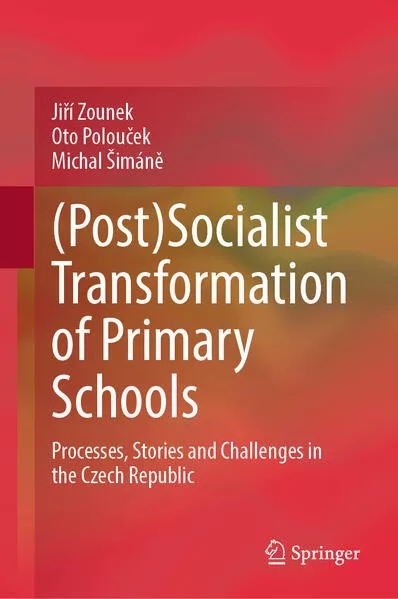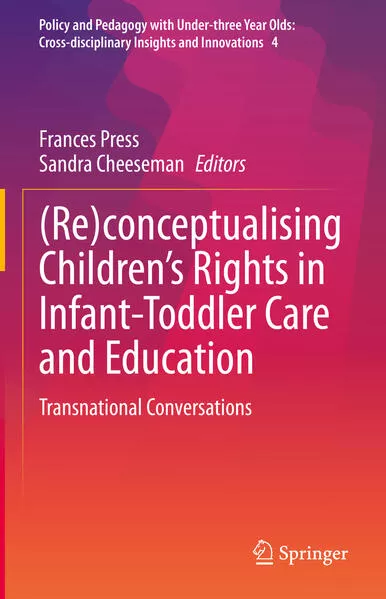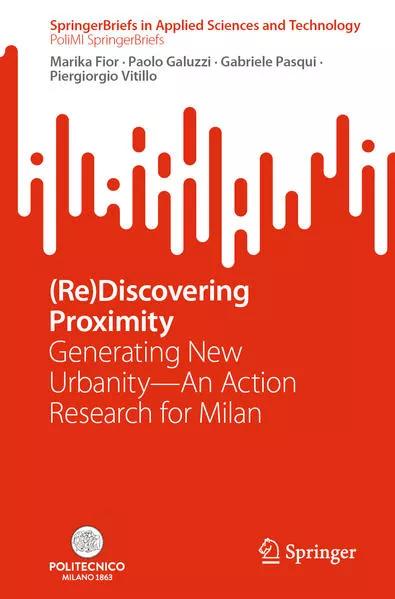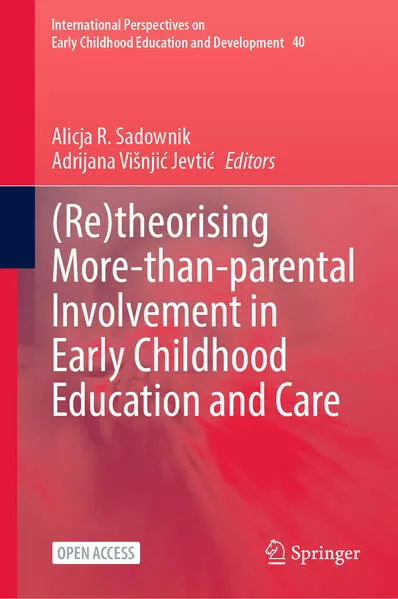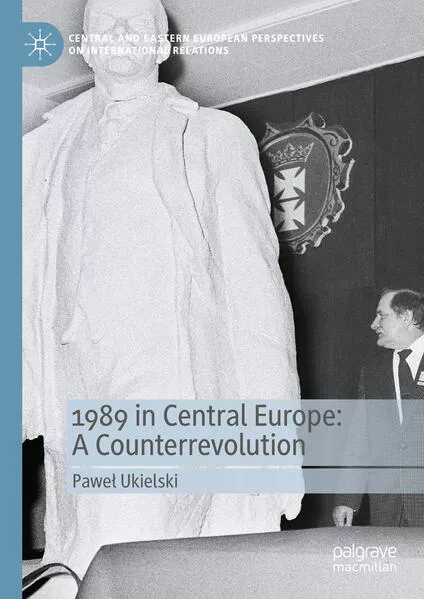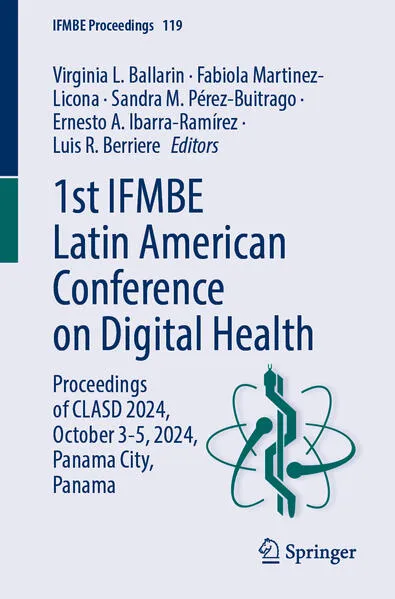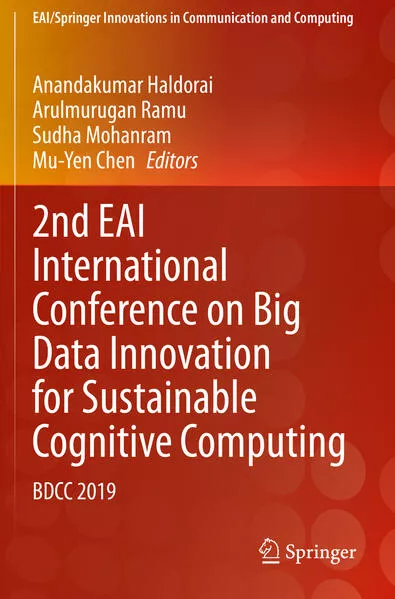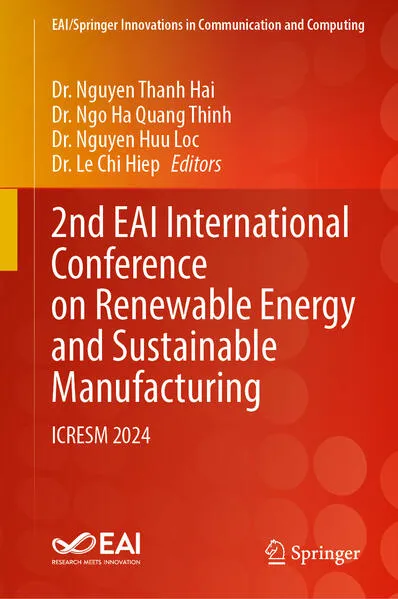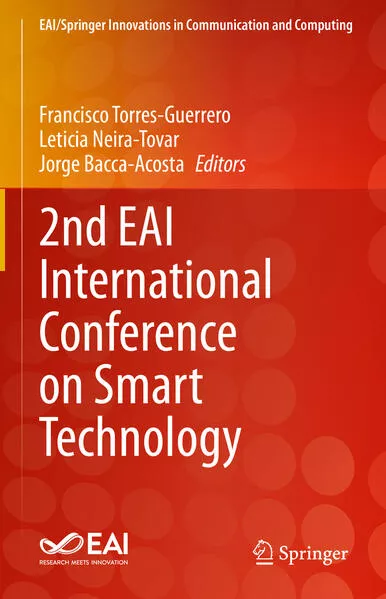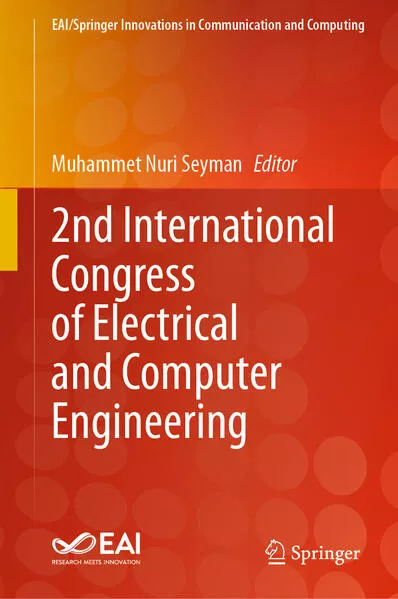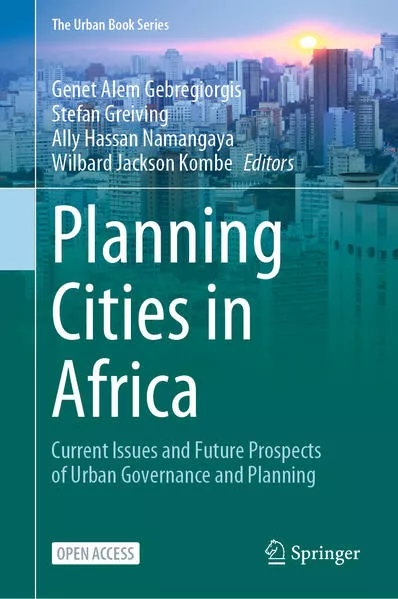
Planning Cities in Africa
Current Issues and Future Prospects of Urban Governance and Planning
This open access book provides insights into challenges, threats and opportunities of urban development in Africa. It discusses how and why African cities need localised urban planning concepts and theories to deal with challenges and threats of rapid urbanisation and climate change. The book delivers an in-depth view of the nature and gaps of the framework on which current planning practice and education in Africa are based. With that, it discusses the potentials of African cities to mobilise local knowledge, resources and capacity building for sustained and resilient urban growth.
This work is addressed to educationists and practitioners in the field of urban development management, climate change adaptation and urban resilience. Specifically, such audiences include researchers, spatial planners, graduate students and member of civil societies working on urban development management.
Unterstütze den lokalen Buchhandel
Nutze die PLZ-Suche um einen Buchhändler in Deiner Nähe zu finden.
Bestelle dieses Buch im Internet
| Veröffentlichung: | 18.08.2022 |
| Seiten | 243 |
| Art des Mediums | E-Book [Kindle] |
| Reihe | Political Science and International Studies (R0) |
| ISBN-13 | 978-3-031-06550-7 |
| ISBN-10 | 3031065506 |
Über den Autor
Dr.-Ing. Genet Alem is a senior researcher and lecturer at Institute for Spatial Planning and the Research Group for International Planning Studies (IPS) at the Department of Spatial Planning, TU Dortmund University. She has a degree of Architecture from ‘La CUJAE‘, Havana, Cuba and M.Sc. in Urban and Regional Planning Management from Technical University of Dortmund and University of Dar es Salaam. Currently, she teaches planning practice and planning methods in an international masters programme at the School of Spatial Planning and coordinates research module under a research cum training programme: Governance and Planning of Resilient Cities in East Africa. She is also part of a joint research project team with University of Erlangen-Nurnberg and Oldenburg in Germany and coordinates the project activities at the Institute for Spatial Planning. She has also worked as guest lecturer at Dohuk University, Iraq, and at Ethiopian Civil Service University and thought urban planning and land management. Alem also worked as practicing planner for the Federal Urban Planning Institute and the Addis Ababa Works and Urban Development Bureau in Ethiopia. Alem authored papers and co-edited special issues on urban resilience, transformation and land management.
Prof. Dr.-Ing. Stefan Greiving is Executive Director of the Institute of Spatial Planning at TU Dortmund University. He holds a diploma in spatial planning and a Ph.D. in Urban Planning. His post©\doctoral study (habilitation) was on spatial planning and risk. Prof. Greiving is the author of about 170 publications (50 peer©\reviewed journal papers). He has been an invited contributing author to IPCC WORKING GROUP II Climate Change 2014: Impacts, Adaptation, and Vulnerability©\Chapter 19: Emergent risks and key vulnerabilities. Prof. Greiving has been participating partner of about 20 international projects in disaster risk assessment and management as well as climate change vulnerability and adaptation. He was the coordinator of the European projects "Climate Change and territorial effects on European regions and local economies", "Integrative flood risk governance approach for improvement of risk awareness and increased public participation" and "Increasing resilience of urban areas". Prof. Greiving main fields of expertise are spatial planning and disaster risk, risk assessment and governance, climate change adaptation and demographic change. Prof. Greiving is a member of the advisory board of the European Environment Agency, a full member of the German Academy for Spatial Planning and a research (ARL) and a member of the Architect¡¯s chamber.
Prof. Dr. Ally Hassan Namangaya is trained and practicing as land use planner. He is an associate professor at the Ardhi University in Tanzania. He obtained his Ph.D. at TU Dortmund University in 2010. He is currently a Dean in the School of Spatial Planning and Social Sciences. He has undertaken researches and published in peer-reviewed journals on urban competitiveness and land based financing; land use conflicts management; urban disaster risks reduction; application of GIS in land use planning, and linking communities in tourism value chains. He has a wide experience as consultant and researcher on reforms of urban planning practices and incorporation of digital technologies in urban planning. He has led the preparation of several master plans and detailed plans. Namangaya works on several capacity building programmes for professionals in urban development management.
Prof. Kombe holds a PhD from the Technical University Dortmund. He has served as a board member of various professional and public corporations. In 2005/2006, he worked for the Human Science Research Council (HSRC), Pretoria South Africa as a Chief Research Specialist. He has also been engaged as a technical adviser to the Municipal Development Programme (MDP Harare). This engagement includes supervision of research projects consortium on variety of research issues that include governance, public service delivery in Tanzania, Uganda, Kenya, Zimbabwe, Seychelles South Africa, Ethiopia, Botswana and Namibia. Kombe has worked extensively in African cities especially in low income settlements. His main research areas of interest include land governance and urban poverty, the nexus between public transport and livelihoods of the poor, and equitable access to basic infrastructures services; climate change and urban vulnerability and urban inequality and knowledge coproduction. Prof. Kombe has won several international grants and has successfully executed a number of research projects in recent years. This includes research project on: governance of informal urbanization (VW); Climate change and urban vulnerability in Africa (CLUVA) funded by the EU; Water resilient green cities (Danida); Knowledge for Urban Equality (ESRC UK); Urban Land Nexus funded by ESRF. The impact of some of his research works includes direct inputs into national policies such as the Urban Development Management Policy (2015); the National Human Settlements Development Policy (2018); the National Land Policy (2018) and the National Housing Policy (2018). His research outputs also informed the preparation of the National Informal Housing Improvement Programme (2010). Kombe has also worked as a consultant for various local authorities (LGAs) in Tanzania and international organisations such as the UNHabitat, UNDP, UNEP, ILO, Danida, World Bank, Sida and Limas (Finish).
Diesen Artikel teilen
0 Kommentar zu diesem Buch
.... weitere Publikationen von Springer International Publishing
Kinderbuch »Lasse und Juna - Total versteinert!« – Wikingerabenteuer mit Mut, Freundschaft und Entdeckergeist
Bewerbungsfrist bis zum: 05.03.2026



